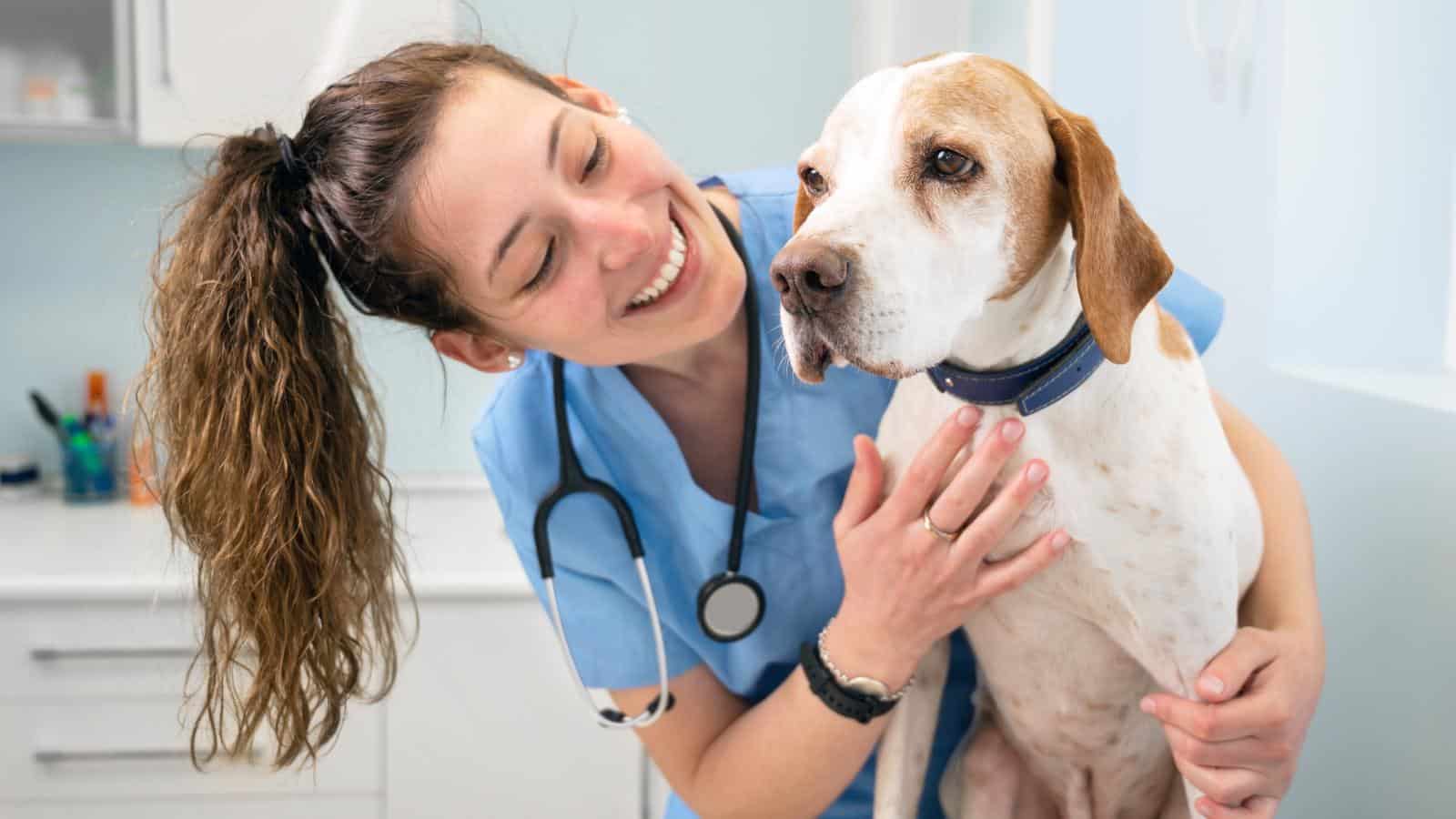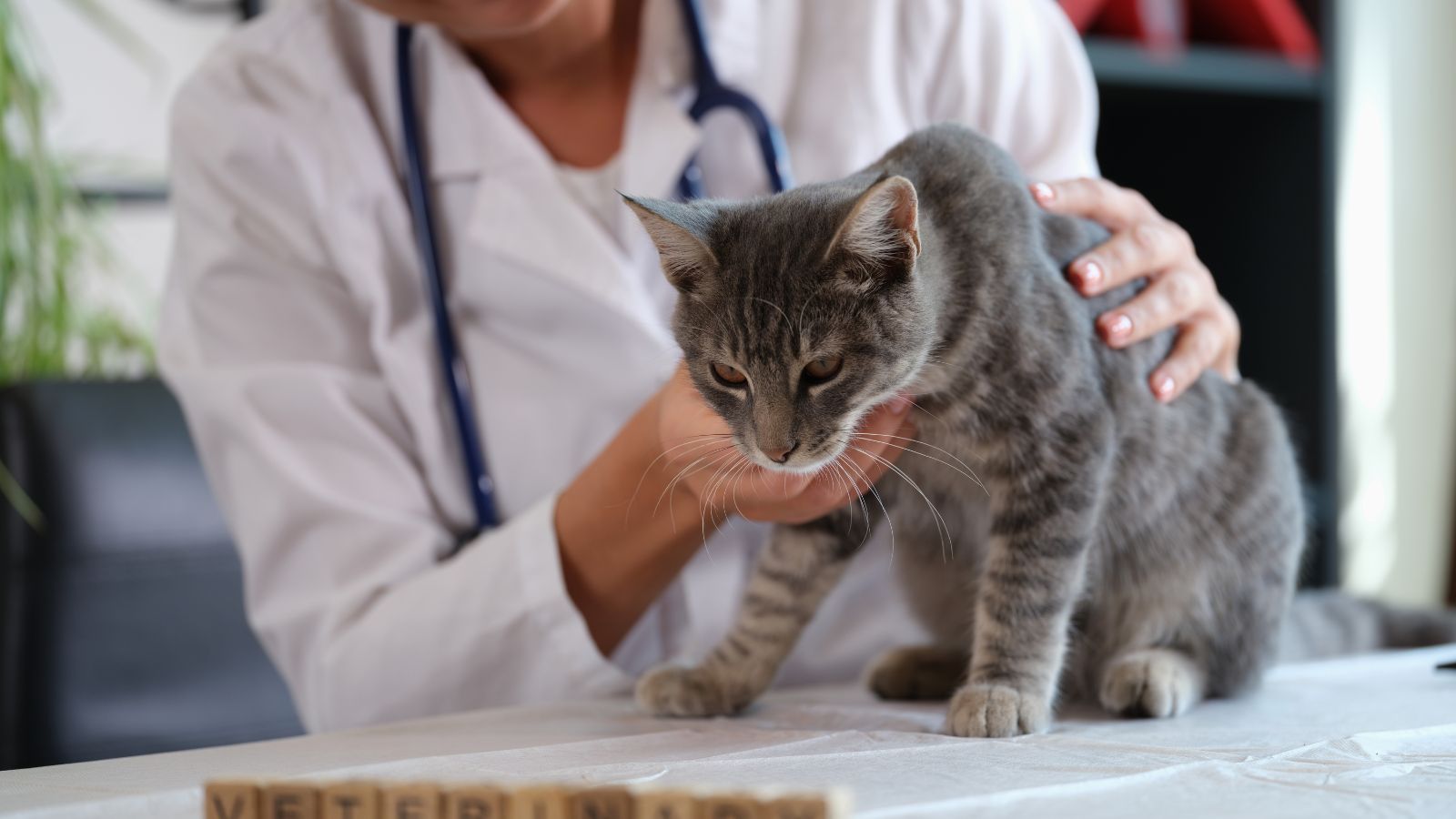Caring for our pets is a top priority, and we always strive to provide them with the best possible care. Veterinarians, with their extensive knowledge and experience, offer a wealth of insights that can greatly benefit our furry companions. This article presents a collection of important tips and advice from vets that every pet owner should know, helping to ensure that our beloved animals enjoy long, happy, and healthy lives.
Quality Pet Carriers Are Worth the Investment

Your pet may not be in their carrier very often, but when they are, you want them to feel safe and comfortable and have enough room to move around. Comfortable and secure carriers also improve vet visits, making it easier to get your pet in and out. We suggest opting for carriers with side and top openings.
Preventative Check-Ups Save Money in the Long Run

It’s tempting to wait until your pet is sick to pay a visit to the vet, but regular check-ups are actually more cost-effective than major procedures. This is because you can potentially catch an issue early on and avoid having to go through with a larger procedure later.
Exotic Pets Require Special Care

Before you go ahead and get yourself a bearded dragon or a parrot, you need to educate yourself on exotic pet care. These pets require specific environments and diets, so lots of research and pre-pet consultations with an exotic animal vet are essential to ensure their health and well-being.
Never Give Pets Human Medication

Don’t make the mistake of thinking that your dog or cat can have paracetamol or ibuprofen like you when they’re in pain. Many human medicines are extremely harmful, and may even be fatal, to pets. Always consult with your vet before administering any medication.
Dental Care Is Crucial for Pets

Pets’ teeth are often overlooked by owners, but you should know that dental disease can lead to kidney, heart, and liver issues. As stated by DogsTrust, “Daily teeth brushing can help prevent the build-up of plaque and tartar which can lead to gingivitis and dental disease.” Most pets develop dental disease by age three to four, so regular cleanings are important.
How To Recognize Pain in Pets

Pets can be very good at hiding pain, so owners must always be observant and look out for any changes in behavior, eating, and grooming. Other signs of pain, as shared by Four Paws, include changes in posture and movement, aggression, seclusion, and restlessness. Early veterinary consultations can prevent worsening conditions.
The E-Collar Is Essential After Surgery

An Elizabethan collar, otherwise known as a pet cone, is essential for proper healing after procedures. The cone prevents pets from licking or biting at their surgery site, and not using one can lead to complications and infections. An alternative to the e-collar is an inflatable collar or a pet bodysuit.
Vets Are Not Psychic

Vets can’t always automatically tell what’s wrong with your pet. More often than not, diagnostic testing is needed for proper treatment. Detailed information about your pets’ habits helps diagnose issues. Accurate answers and decision-making authority are also crucial during visits.
Kindness Goes a Long Way

Vets understand that you may be busy or are worried about the health of your pet, but you should know that veterinary professionals face high emotional and physical demands on a day-to-day basis. Burnout and mental health issues are common in the industry. In fact, 31% of vets have experienced depressive episodes. Kindness and understanding from pet owners are much appreciated.
Pet Insurance Is a Smart Choice

The rising costs of quality pet care make insurance a viable option. Insurance helps cover unexpected expenses and treatments that you would otherwise have to pay a huge amount out of pocket for. Choose a policy that fits your needs and budget—you’ll thank yourself if you end up needing it in the future.
Too Much Exercise Isn’t Healthy

Of course, most pets benefit from regular exercise, but balance is key. According to VIP Pets, too much exercise can cause sore muscles and paws and make it painful for pets to move. It’s also best to avoid exercise in hot weather in case of heatstroke. Consult your vet for an appropriate exercise regimen if you’re unsure.
The Importance of Spaying and Neutering

Not only do spaying and neutering help prevent overpopulation and reduce health risks, but they can also reduce behavioral problems related to mating instincts. According to Animal Lifeline, these behaviors include “aggression, dominance, hyper-activity, [and] mounting cushions.” Be sure to discuss the appropriate age for these procedures with your vet and get them done when possible.
The Correct Pet Food Serving Sizes

This may come as a shock to some pet owners, but most pet food packages overstate the suggested serving sizes. While it’s always best to consult your vet for specific dietary needs and amounts, giving your pets slightly less than the suggested amount can help prevent obesity.
The Damage That Obesity Can Cause

You may think your pet looks cuter when it’s a little chubby, but in reality, obesity can lead to serious health issues like diabetes and heart problems. It should never be taken lightly. Vet check-ups are crucial for managing a pet’s weight, and your vet will be able to provide you with an objective opinion on your furry friend’s size.
Coughing Up Hairballs Isn’t Normal for Cats

The odd hairball now and then isn’t a cause for alarm, but regular vomiting of hairballs indicates a health issue. Too many hairballs could be a sign of over-grooming due to allergies or gastrointestinal problems. A vet should assess your pet if it’s having frequent hairball occurrences to diagnose the issue.
The Importance of Vaccine Booster Shots

Vaccines are not typically a one-and-done occurrence. Most injections given to pets require booster shots to continue to be effective, as a single shot often doesn’t provide lifelong immunity. According to Thameswood Veterinary Clinics, “In most cases, dog booster injections include protection against parvovirus, distemper, infectious hepatitis, and leptospirosis.”
Grooming Is About More Than Just Aesthetics

Sure, a grooming session leaves your pet looking and feeling brand new, but it also has other benefits. Regular grooming helps identify skin issues, parasites, and lumps. It also helps to maintain coat health and can prevent matting in long-haired breeds. Your vet can help you come up with the best grooming routine for your pet’s breed and coat type.

